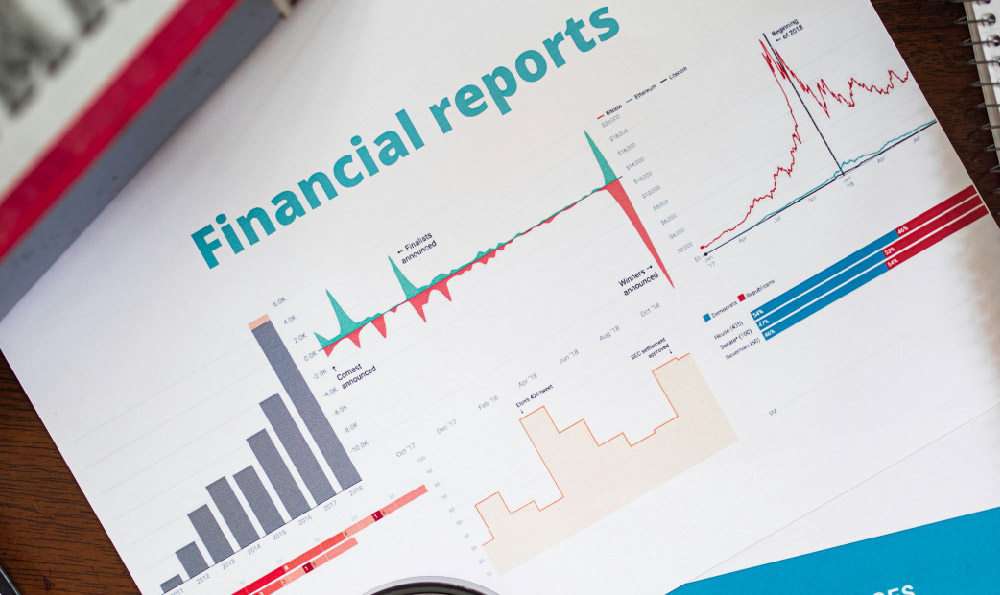The role of a Neonatal Intensive Care Unit (NICU) nurse is both critical and demanding, with professionals in this specialty often working at the intersection of healthcare and financial planning. As of 2023, the average salary for NICU nurses in the United States ranges between $75,000 and $95,000 annually, though this figure can vary significantly depending on location, experience, and institutional demand. This salary range reflects the specialized nature of the work, which requires advanced training, emotional resilience, and a high level of technical expertise. The financial implications of this career path extend beyond hourly wages, encompassing long-term career growth, benefits, and opportunities for wealth management that are uniquely tied to the profession’s responsibilities and challenges.
One of the most notable factors influencing NICU nurse salaries is geographic location. Urban areas with large medical centers, such as New York, California, and Illinois, tend to offer higher compensation due to the concentration of healthcare facilities and the demand for specialized care. Conversely, rural hospitals may provide lower wages but often include additional incentives such as housing stipends, loan forgiveness programs, or sign-on bonuses to attract professionals to underserved regions. The cost of living in these areas also plays a role, with nurses in high-cost locales typically earning more to offset expenses. Additionally, the availability of NICU units in different states affects salaries, as regions with a higher prevalence of premature births or neonatal health issues may prioritize funding for specialized care. Understanding these nuances helps nurses and their families make informed decisions about relocation or career opportunities.
Experience and education are equally critical in determining earnings. Entry-level NICU nurses with a bachelor’s degree in nursing (BSN) and a few years of experience can expect to earn around the lower end of the salary spectrum, while those with advanced degrees such as a master’s or doctorate in nursing, or certifications in neonatal care, often command higher wages. Continuing education and professional development, including participation in workshops or conferences, can further enhance earning potential by opening doors to leadership roles or specialized positions. The demanding nature of the job, which includes irregular hours, night shifts, and potential overtime, also impacts overall compensation, as some institutions may offer differential pay for on-call duties or weekend shifts. These factors collectively shape a nurse’s financial trajectory, requiring careful consideration of career stages and opportunities for advancement.

For NICU nurses seeking to optimize their financial health, the salary provides a foundation for strategic wealth management. Establishing a robust emergency fund is essential, given the unpredictable schedule and potential for sudden shifts in workload. Aiming for 3–6 months of living expenses in savings can offer a financial safety net, allowing professionals to navigate periods of reduced income or unexpected costs without compromising their financial stability. Additionally, retirement planning should be a priority, as the cumulative earnings from years in the field can support long-term financial goals. Contributions to employer-sponsored retirement plans, such as 401(k)s or pensions, combined with personal retirement accounts, create a diversified approach to securing financial independence.
Investing in a balanced portfolio is another key strategy. Given the relatively stable income from NICU nursing, allocating funds to low-risk assets like bonds or index funds can ensure steady returns while minimizing volatility. However, as nurses gain experience and their income increases, they may consider higher-risk investments such as stocks, real estate, or alternative assets to accelerate wealth growth. It is important to align investment choices with personal risk tolerance and long-term objectives, such as funding education for future generations or achieving financial freedom. Tax-efficient strategies, including utilizing Health Savings Accounts (HSAs) and contributing to retirement plans with tax advantages, further enhance financial planning by reducing taxable income and ensuring long-term growth.
The financial responsibilities of a NICU nurse also extend to managing healthcare-related expenses, such as insurance premiums, medical bills, or professional development costs. Employees should explore employer-sponsored benefits, such as comprehensive health insurance, dental coverage, and retirement plans, to maximize their overall compensation package. Additionally, reducing unnecessary debt, such as credit card balances or student loans, can improve financial agility. Nurses with higher salaries may also consider setting aside funds for supplemental insurance, such as disability or life insurance, to protect their income in case of unforeseen circumstances.
Ultimately, the salary of a NICU nurse serves as both a reward for specialized expertise and a foundation for financial planning. By understanding the factors that influence earnings and strategically managing income, professionals can build a secure financial future. Whether through emergency fund savings, retirement planning, or diversified investments, the path to wealth accumulation is intertwined with the unique demands of this career. The emotional and intellectual challenges of NICU nursing, while significant, should not overshadow the opportunities for financial stability and growth that come with this rewarding profession. By combining medical excellence with financial acumen, NICU nurses can achieve not only personal and professional fulfillment but also long-term financial security.












